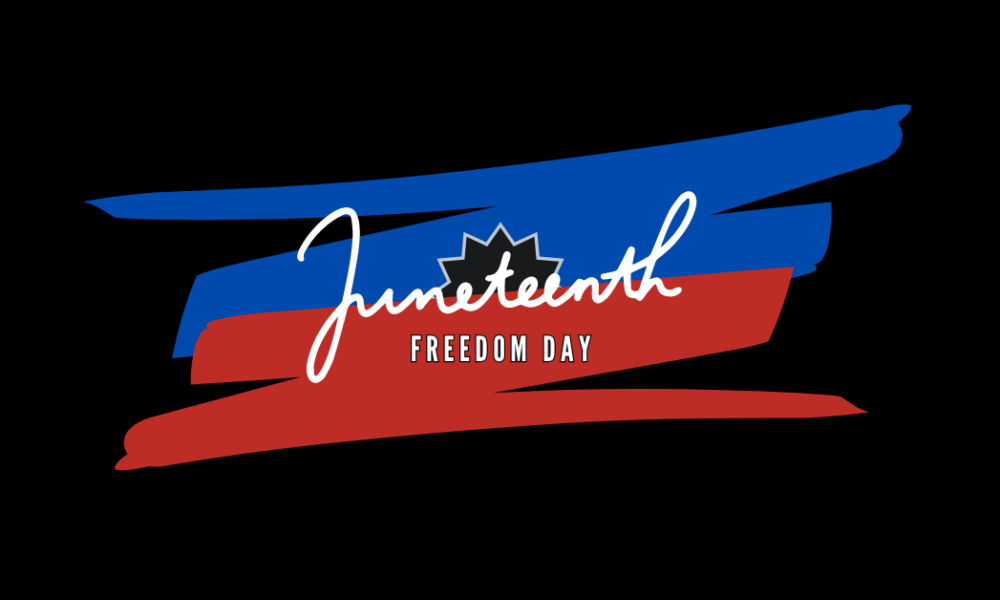Pennsylvania calls for quick action on 220-page marijuana law


Representatives Aaron Kaufer (R-Luzerne) and Emily Kinkead (D-Bellevue) argue for their bill to legalize marijuana for adults, pointing to neighboring states that have already legalized it, saying it would bring hundreds of millions and tens of thousands of jobs to Pennsylvania. (Source: Pennsylvania House of Representatives)
Lawmakers pushing a bipartisan bill to legalize marijuana for recreational use warn that if nothing is done, neighboring states will supply the drug – and take away their tax revenue.
Representatives Aaron Kaufer (R-Luzerne) and Emily Kinkead (D-Bellevue) will soon present their Legalization Actdrafted to closely align with a Senate proposal. They want to move forward quickly.
“Our goal is to get this done as quickly as possible,” Kaufer said. “We’re in the process of getting something like this done, and we’re on the brink of desperation.”
He argued that the legislation rests on five pillars: public safety, social justice and criminal justice reform, leveraging infrastructure for agricultural and medical marijuana programs, ending the illegal market, and creating good jobs and tax revenue.
“Smoking marijuana should not be a crime and we need to prioritize law enforcement resources,” Kaufer said. “People actually die from other harder drugs these days – marijuana doesn’t kill people.”
The bill is 220 pages long and proposes regulations for the Department of Agriculture for the recreational program, “guardrails” to eliminate the illegal market, automatic expungement of nonviolent marijuana-related convictions, granting priority licenses to marijuana businesses based on socioeconomic justice rules, and funding public defenders and law enforcement to enforce the new regulations.
“(The states) are taking advantage of the fact that we haven’t legalized cannabis,” Kinkead said. “Ohio has most of its permits where the dispensaries are lined up along the Pennsylvania-West Virginia border – recognizing that Pennsylvania has dollars to spend on recreational use and they want to capitalize on that, when we should be doing that.”
Others argued that legalization would bring more respect to the rule of law.
“The continued illegalization of marijuana sends the wrong message,” said Northumberland County District Attorney Michael O’Donnell. “You can’t allow something that is so widely accepted by the public to be illegal under the law. The result of that is that it’s acceptable to break the law.”
He argued that legalization would allow the safety of marijuana to be controlled and regulated.
This justification for legalization is well known in the Commonwealth. rarely pursue Marijuana cases and other legalization proposals have attempted to avoid some pitfalls, such as Conflicts with gun rights.
But the Pennsylvania House of Representatives has held a series of hearings on marijuana, focusing on like other states (and Canada) have taken the drug out of the illegal market. Even with a legal market, experts have warned about safety concerns. And some lawmakers, such as Rep. Paul Schemel, R-Waynesboro, have warned that consumption rates will rise after legalization and industry interests continue to lobby the General Assembly for ever further expansion.
In his criticism of the bill, Schemel called it “monumentally bad policy” and noted that it does not allow municipalities to decide against opening marijuana stores.



